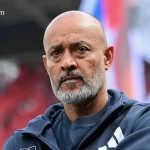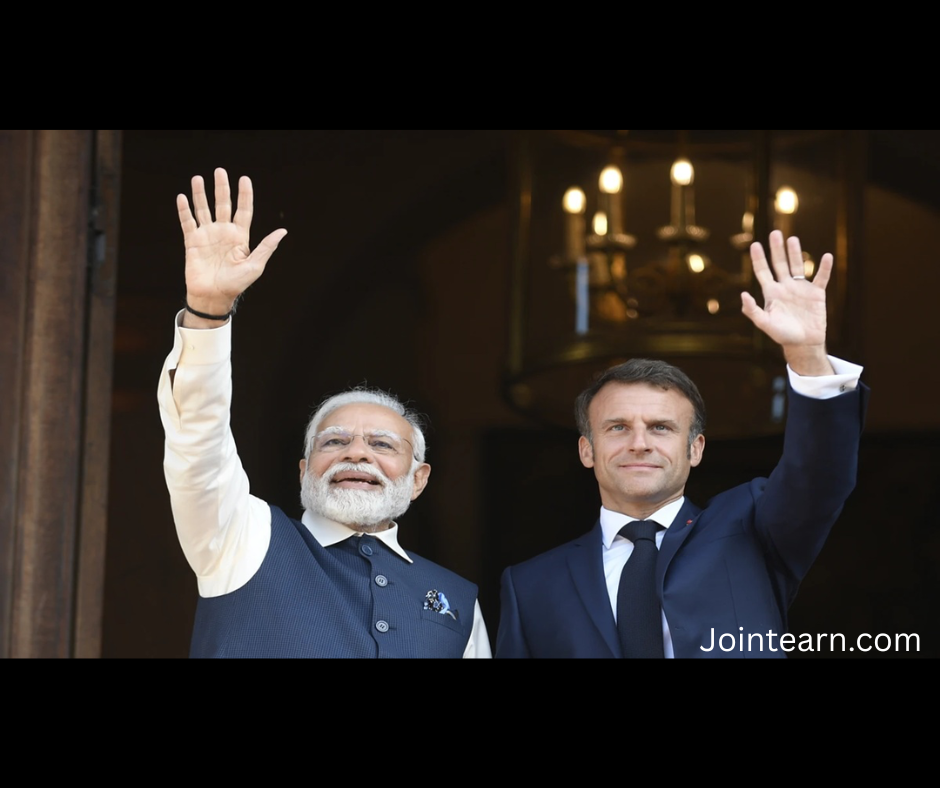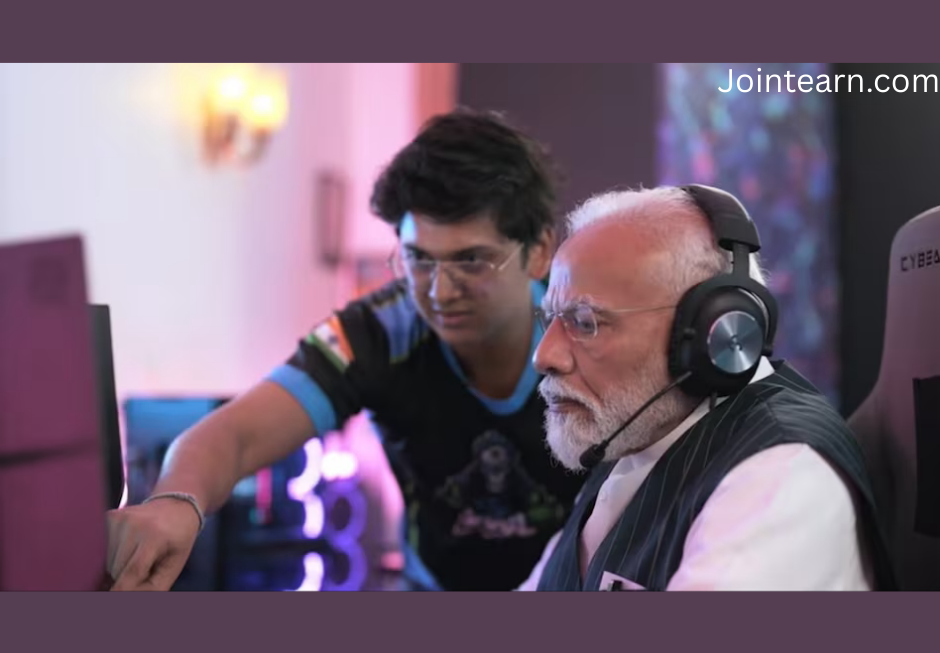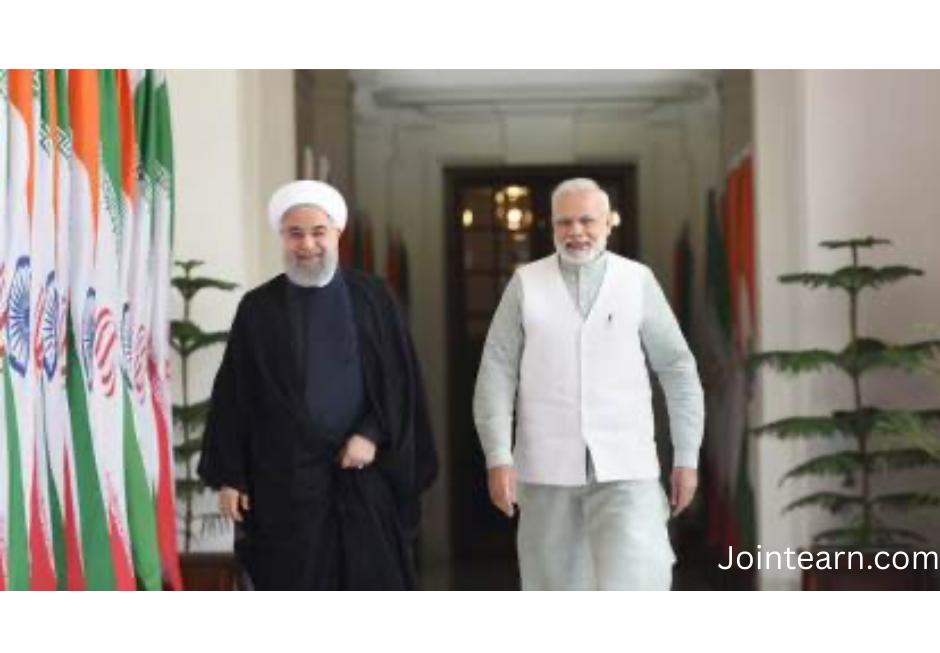By HT News Desk
Updated: Aug 21, 2025, 07:50 PM IST
NEW DELHI: Prime Minister Narendra Modi on Thursday held a detailed conversation with French President Emmanuel Macron, during which the two leaders exchanged views on the ongoing conflicts in Ukraine and West Asia and explored ways to promote peaceful resolutions. The discussion also focused on strengthening the broader India–France strategic partnership, including economic and technological collaboration.
In a post on X, Prime Minister Modi described the discussion as “very good” and highlighted that both leaders reaffirmed their commitment to further deepening bilateral ties. “Had a very good conversation with my friend President Macron. Exchanged views on efforts for peaceful resolution of conflicts in Ukraine and in West Asia. Reaffirmed our commitment to further strengthen the India-France strategic partnership,” Modi wrote.
French President Macron, in his remarks, elaborated on the coordination between India and France regarding the conflict in Ukraine. He noted that the two leaders aligned their positions with the goal of achieving a “just and lasting peace,” while ensuring strong security guarantees for Ukraine and Europe. Macron also emphasized the importance of boosting trade and economic collaboration, stating that both countries agreed to strengthen economic exchanges and strategic partnerships across multiple sectors.
“On trade issues, we agreed to strengthen our economic exchanges and our strategic partnership in all areas — this is the key to our sovereignty and independence,” Macron said. He also noted that the leaders discussed preparations for multilateral engagements, including the French presidency of the G7 and India’s upcoming presidency of BRICS in 2026. Macron added that both nations are working together to ensure the success of the AI Impact Summit in New Delhi in 2026, following up on the AI Action Summit held in Paris earlier this year.
The conversation comes against the backdrop of increasing international attention on India’s position in global geopolitics, particularly regarding its continued purchase of Russian oil. The United States has recently imposed additional tariffs of up to 50% on certain Indian goods in response to India’s trade relations with Russia. In this context, the talks between Modi and Macron reflect efforts by both leaders to maintain open diplomatic channels and coordinate positions on key international issues.
Macron’s comments also underscored the importance of multilateral cooperation in addressing conflicts and global challenges. “We coordinated our positions on the war in Ukraine in order to move towards a just and lasting peace, with strong guarantees for Ukraine and Europe’s security,” he said. Analysts noted that this conversation signals India’s active engagement in global diplomacy while maintaining a balanced approach to ongoing international conflicts.
The meeting follows a series of high-profile international discussions regarding the Ukraine conflict. Earlier this week, Ukrainian President Volodymyr Zelensky held talks with US President Donald Trump, who had also recently met with Russian President Vladimir Putin in Alaska to discuss the situation in Ukraine. Despite these engagements, no immediate breakthrough or visible resolution emerged from these meetings, highlighting the continued complexity of the conflict and the critical role of diplomatic coordination among global leaders.
The India–France dialogue also highlights the growing scope of bilateral collaboration beyond security and conflict resolution. Both countries are exploring opportunities in technology, artificial intelligence, trade, and strategic industries, reflecting the deepening partnership that spans defense, energy, and economic sectors. By coordinating positions on key issues such as Ukraine and West Asia, the two nations aim to play a constructive role in global peace efforts while simultaneously advancing their bilateral agenda.
The talks between PM Modi and President Macron demonstrate India’s proactive diplomacy in global conflict resolution and strategic partnerships. With ongoing geopolitical tensions, including Russia–Ukraine hostilities and challenges in West Asia, the engagement also underscores the significance of maintaining open lines of communication and collaborative efforts among world powers to achieve sustainable solutions.












